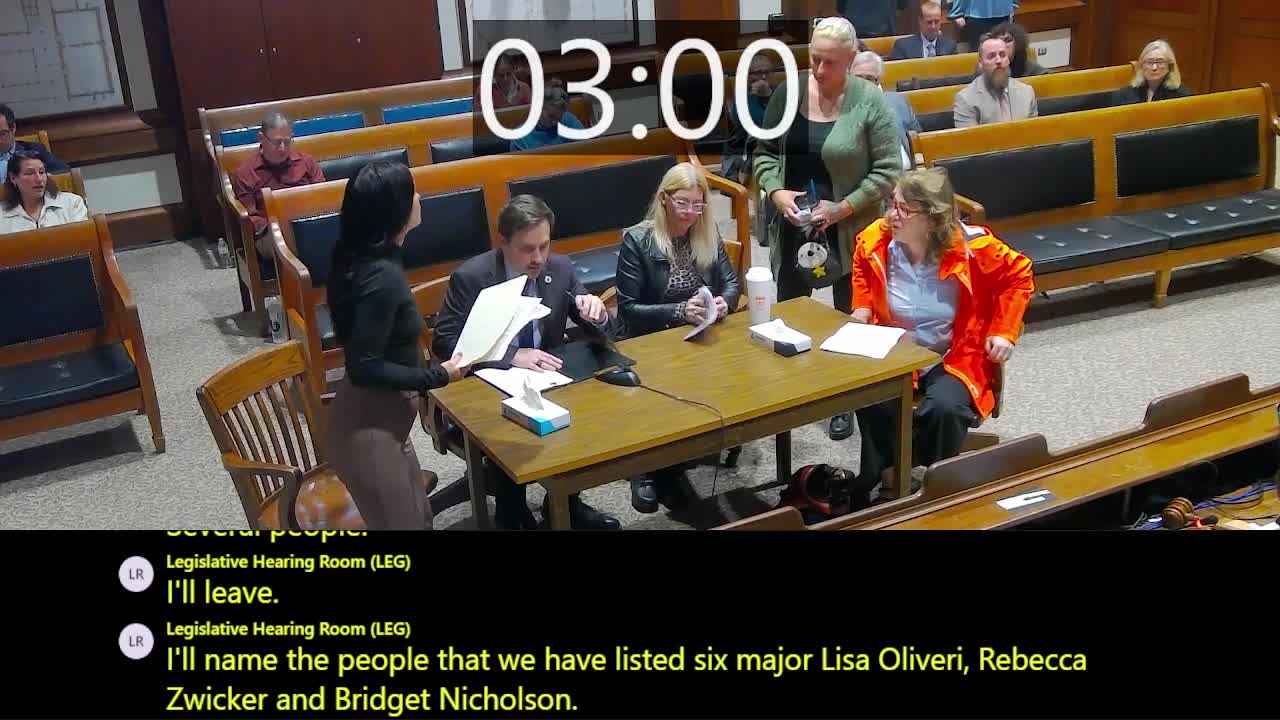House bill would require DCF to include parents in recovery in action plans and expand training for staff, witnesses say
Get AI-powered insights, summaries, and transcripts
Subscribe
Summary
Rep. LaBeouf and parents in recovery testified in favor of H.3950, which would require DCF to involve parents in designing recovery action plans, provide objective steps to increase parenting time, allow recovery coaches at meetings and expand DCF staff training.
Representative LaBeouf and a panel of parents in long‑term recovery described H.3950 as a package of changes intended to give parents in recovery a clearer path to reunification with their children.
LaBeouf, who said the bill was inspired in part by the documentary Recovery City, said the measure "ensures that parents can help design their recovery plan and understand what is expected of them," and that it "requires DCF to provide a list of available resources, creates clear objective steps for increasing parenting time, allows parents to have a recovery coach or licensed counselor at meetings, permits family counseling after sustained recovery, and requires DCF staff to receive training about addiction recovery, including from people who've lived it."
Parents who testified described personal experiences of standardized, "cookie‑cutter" action plans handed to them, being required to attend programs that did not fit their needs (for example, mandatory AA attendance even when a parent said it was not helpful), and delays in reunification. One witness said her children were withheld for six years and that she was not permitted detox when she requested it. Recovery coaches who testified described gaps in practice: they said action plans are often mailed as packets and not developed collaboratively; they argued collaborative planning improves adherence and outcomes.
Why it matters: Testimony cited research and practice evidence that parent‑involved planning, peer recovery coaching and family therapy can improve treatment completion and reunification rates. Advocates urged the committee to recommend a favorable report so the Department of Children and Families would be required to adopt practices they say reduce stigma and improve long‑term outcomes.
What the committee heard but did not decide: Committee members asked whether DCF had improved in recent years; testifiers said there had been some progress but argued statutory guidance would accelerate consistent implementation statewide. No committee vote was recorded during the hearing.
Ending: Supporters asked the committee for a favorable recommendation, saying the bill would preserve accountability while centering parents’ expertise in their recovery plans.
